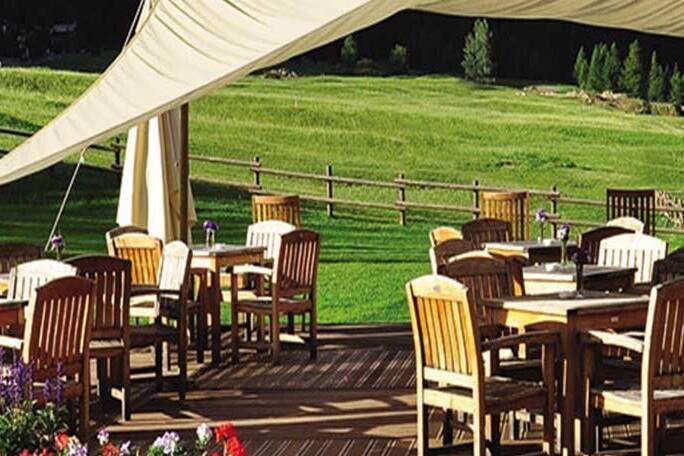Come fall, the benefits of a heated swimming pool become clearly evident. The cooler days and even cooler evenings of fall can bring an abrupt stop to healthy outdoor activity. Don’t move indoors just yet! Cooler weather shouldn’t stop you from using your pool. Extend your pool time with a heated swimming pool.
You can add a pool heater to your current unheated pool and extend the fun well into the fall and beyond. A quality heater can take your pool from chilly to comfortable in a matter of minutes, regardless of the season. Enjoy more opportunities to exercise, relax and socialize at your own heated swimming pool.
Exercise, Relax, and Socialize in your own Heated Pool
Heated swimming pools offer many benefits for exercise, relaxation, and socialization.
A heated pool is so inviting! This is especially the case when the daily temperatures begin to drop. As days become shorter and the sun goes down earlier, you can still enjoy a late afternoon or evening swim with the help of a pool heater. A heated pool extends your pool use into cool evenings and into the cooler fall season. In fact, a pool heater enables you to use your pool, regardless of the outdoor temperature.
With a heated backyard pool, you’ll get more time to enjoy the health benefits of exercise, relaxation and fresh air. Imagine a refreshing swim after a challenging day at work or school. Heated pool water helps to relax sore muscles and provides a soothing environment after a long day. Increase your time exercising and reduce your stress level with the help of a heated pool. Not only that, but a heated pool becomes your own private social center to enjoy with friends and family.
Top Five Reasons to Heat your Pool
What are the most compelling reasons to heat your backyard swimming pool?
Five Reasons to Heat your Pool
1. Allows for year-round outdoor pool use, regardless of season
2. Extends your pool time into the evening and fall season
3. Increases your access to the health benefits of outdoor exercise
4. Improves your family’s together-time, outdoor lifestyle, and social life
5. Increases the value of your pool and home
How to Heat Your Pool
What is the best way to heat your swimming pool?
There are several options, including adding a heater or a heat pump to your backyard pool. A heater will maintain your water at a comfortable temperature, regardless of the air temperature.
You can also read our Guide to Heating your Pool, Best Heat Solutions, and Extend your Swimming Season with a Pool Heat Pump to learn more about the available options.
Did you know? Safe temperatures for swimming depend on the type of activity. Pool water should not be too hot or too cold. This is especially the case for pregnant women, children, and people with medical concerns.
The World Health Organization recommends water temperatures of 78 to 86 degrees Fahrenheit for moderate physical activity. Competitive swimmers compete in water temperatures of 77 to 82 degrees Fahrenheit, according to the U.S. Masters Swimming rules.
How to Save Money and Energy
How can you save money and conserve energy when heating your pool?
Start by selecting the right equipment for your specific pool. Choose equipment that is reliable, durable, and energy-efficient for greater savings over the long-term. Size your heater appropriately. Typically, the best heater size is related to the surface area of the pool and the average temperature variance between the pool and air. However, a larger heater may be warranted if you need to bring your pool up to temperature quickly. Maintaining your pool and equipment will also go a long way to saving money and energy.
Six Tips for Saving Money and Energy when Heating your Pool
1. Choose and install energy-efficient, properly sized equipment from a reputable dealer.
2. Keep your pool at a comfortable level consistent with fuel conservation practices.
3. Keep your filter clean and regularly maintain your pool.
4. Schedule an annual heater check-up with your local pool pro.
5. Use a pool cover during periods of non-use to reduce heat loss.
6. Provide a wind break to minimize heat loss from wind.
For more tips, visit the helpful U.S. Department of Energy site Swimming Pool Heating.
source: https://blog.hayward-pool.com/innovation/extend-your-pool-time-with-a-heated-swimming-pool/




